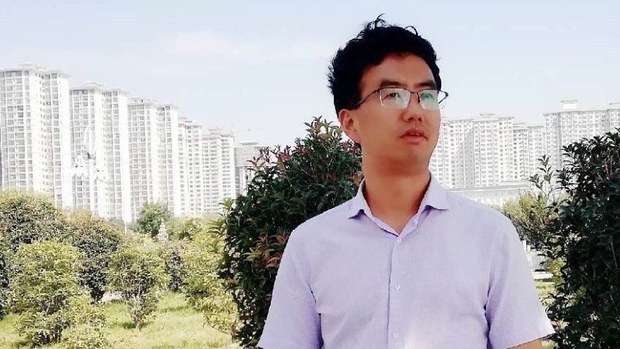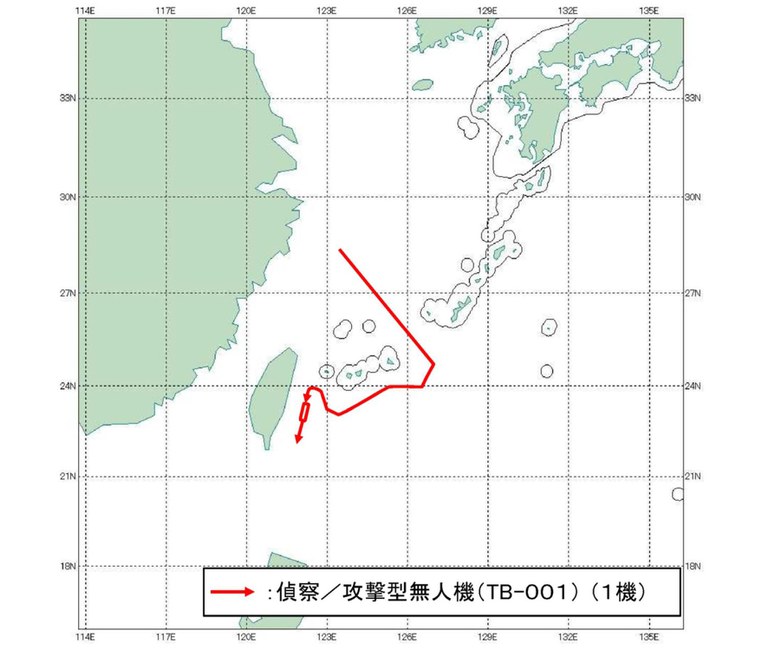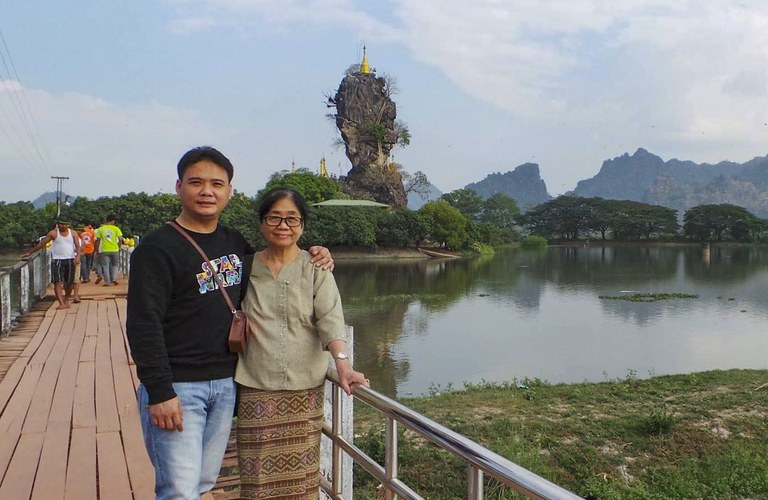Vietnamese police suspend incest and fraud investigation into Buddhist group
Police looking into accusations of incest, fraud and abusing democratic freedoms by a Buddhist sect in Vietnam say they are temporarily suspending their work. Monday’s announcement by the Investigation Security Agency of Long An province police follows a previous police announcement that Peng Lai Temple (Tinh That Bong Lai) leader Le Tung Van used the religion for years to benefit personally from charitable donations. At his trial, last week, Le Tung Van said the people who leveled accusations against him should be brought to justice. “I did not offend the Vietnamese Buddhist Church in Long An province, nor did I offend the Duc Hoa district police. On the contrary, [we] were victims of horrible humiliation and slander for a long time. Whoever accuses me of offending them should appear in court. [We should] stand up to confront them and make it clear, don’t deceive the court!” Six members of the religious group were sentenced to a combined 23 years and six months in prison last week on charges of “abusing democratic freedoms” under Article 331 of the Criminal Code. News site Thanh Nien reported that investigators said they decided to put their work on hold because they had received many accusations against Peng Lai, so they needed to be cautious and make separate studies into the differing claims. It said the agency is waiting for blood tests and genetic analysis before following up on incest allegations and will drop that line of investigation if the tests are negative. The Zing news site quoted an unnamed Long An police official as saying the Investigation Security Agency had received accusations on three separate issues against Peng Lai but had only looked into the claims of “abusing democratic freedom,” while ignoring claims of incest and fraud. He said police are preparing to resume investigations into those two claims. Monday’s announcement that police were suspending their investigation prompted lawyer Ngo Anh Tuan to write on Facebook: “From the very beginning, when I received information about the cases related to the Peng Lai Temple, I had a somewhat hostile view of them … Up to this point, through some information that the official newspapers have published, it seems that the accusations of incest in the Peng Lai Temple are inference, lacking solid scientific basis. This also means that my aversion to the people there is unfounded.” Earlier this year state media were accused of trying to influence public opinion with headlines such as “Police investigating incest at Peng Lai Temple,” and “Peng Lai retreat: When morality has gone and ignorance leads the way.” The six sentenced temple members were convicted after prosecutors said they posted videos on social networks, including one defaming Thich Nhat Tu of the Vietnamese Buddhist Church. The indictment said the six posted articles and clips on Facebook and YouTube from 2019 to 2021 containing lies, fabricated and distorted information, which insulted the Duc Hoa District Public Security Agency, offended Buddhism and harmed the honor and dignity of Thich Nhat Tu.






